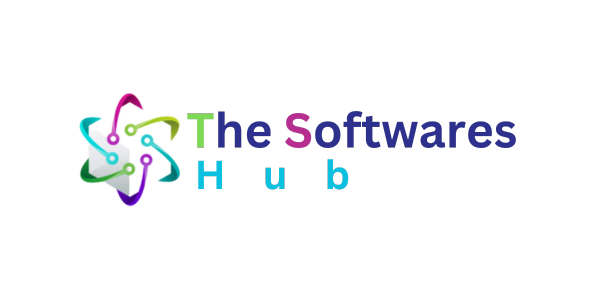The Truth about Free VPN: Separating Myths from Facts

Are you tired of not being able to access certain websites or apps due to geo-restrictions? Do you want to safeguard your online privacy and protect your sensitive data from prying eyes? If so, then a VPN might be the solution for you. But with so many options out there, should you opt for a free VPN or pay for a premium service? In this blog post, we’ll separate myths from facts about free VPNs and help you determine whether using one is the right choice for your needs. So buckle up and let’s dive in!
Can I use a VPN while torrenting?
Torrenting is a popular way to share files online, but it can also be risky. Using a VPN while torrenting can help protect your identity and keep you safe from potential legal action.
However, not all VPNs are created equal when it comes to torrenting. Some may not allow P2P (peer-to-peer) file sharing or may have slow speeds that make downloading large files a tedious process.
When choosing a free VPN for torrenting, look for one with fast download speeds and unlimited bandwidth. It should also have strong encryption protocols to ensure your connection remains secure.
Myths about free VPNs
There are many myths surrounding the use of free VPNs that have been perpetuated by their detractors. One myth is that free VPNs are not secure, as they may sell user data to third-party companies. However, this is not true for all free VPN providers.
Another myth about free VPNs is that they are slow and unreliable compared to paid options. While it’s true that some free services may offer slower speeds or limited bandwidth, there are also many reputable providers that offer fast and dependable connections without charging anything like iTop.
Some people believe that using a free VPN will put them at risk of being hacked or infected with malware because these services do not provide adequate protection against cyber threats. This isn’t necessarily accurate either – many reputable providers include robust security features like encryption and firewalls in their products.
Facts about free VPN
Free VPNs may seem like a great deal, but there are some important facts to consider. First of all, it’s important to remember that “free” doesn’t always mean truly free. Many free VPNs make money by selling user data or bombarding users with ads.
Another issue is speed and bandwidth limitations. Free VPN services often have slow speeds and limit the amount of data you can use each month. This can be frustrating if you’re trying to stream video or download large files.
One of the biggest concerns with free VPNs is security. Since these services don’t charge for their service, they may not invest in proper security measures or encryption protocols. This means that your data could potentially be intercepted by hackers or other third parties.
While there are some benefits to using a free VPN service such as saving money and accessing blocked content, it’s important to weigh the risks and downsides before making your decision.
Conclusion
If you want to ensure online privacy and security without any compromises or risks, investing in a paid VPN service like iTop VPN could be your best bet. Paid VPNs offer more advanced features such as stronger encryption protocols, no-logging policies, and faster servers that provide smooth streaming experiences.





